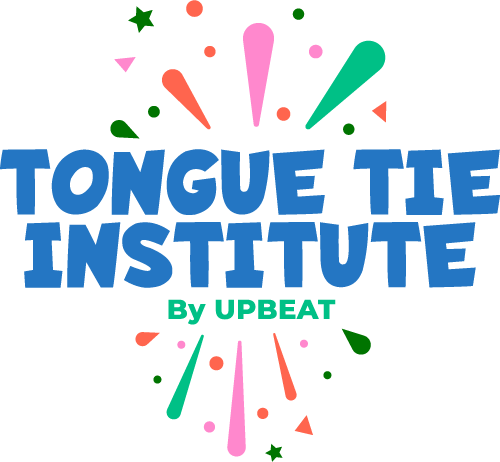The journey to optimal oral health often involves a collaborative approach, especially when it comes to addressing conditions like tongue tie. At Upbeat Pediatric Dentistry‘s Tongue Tie Institute, our commitment to comprehensive care extends beyond traditional boundaries.
Let’s explore the advantages of multidisciplinary care in the treatment of tongue tie.
1. Holistic Understanding of Tongue Tie
Tongue tie, medically known as ankyloglossia, involves a band of tissue (lingual frenulum) that restricts the movement of the tongue. The multidisciplinary approach ensures a holistic understanding of this condition, considering both dental and medical perspectives.
2. Early Intervention for Infants
Multidisciplinary care is particularly beneficial for infants with tongue tie. Early intervention, involving the expertise of pediatric dentists and lactation consultants, focuses on addressing feeding difficulties, ensuring proper nutrition, and fostering healthy oral development.
A collaborative team is dedicated to addressing the multifaceted aspects of tongue tie, ensuring that each patient receives tailored and comprehensive care.
3. Speech and Language Development
Tongue tie can impact speech and language development, and a multidisciplinary team, including speech therapists, plays a crucial role in assessing and addressing these concerns. Collaboration between dental professionals and speech therapists ensures a comprehensive plan for optimal communication skills.
4. Oral Functionality and Dental Health
Pediatric dentists, specializing in the oral health of children, work in tandem with oral surgeons to address the functional aspects of tongue tie. This includes evaluating oral motor skills, assessing the impact on dental health, and providing interventions that support both immediate and long-term oral functionality.
5. Lactation Support for Nursing Mothers
The multidisciplinary team recognizes the challenges faced by nursing mothers when a baby has tongue tie. Lactation consultants play a key role in supporting mothers with effective breastfeeding techniques, ensuring that both mother and baby can enjoy a positive nursing experience.
6. Personalized Treatment Plans
Every patient is unique, and a multidisciplinary approach allows for the creation of personalized treatment plans. By combining insights from different specialties, our team tailors interventions to meet the specific needs of each individual, optimizing the outcomes of tongue tie treatment.
7. Seamless Transitions Across Care Phases
Tongue tie treatment often involves multiple stages, from infancy to childhood and beyond. The multidisciplinary team ensures seamless transitions across these care phases, adapting interventions to align with the evolving needs of the patient.
8. Patient and Family-Centered Care
Multidisciplinary care places the patient and their family at the center of the treatment journey. Regular communication and collaboration empower families with knowledge, support, and a sense of involvement in decision-making.

